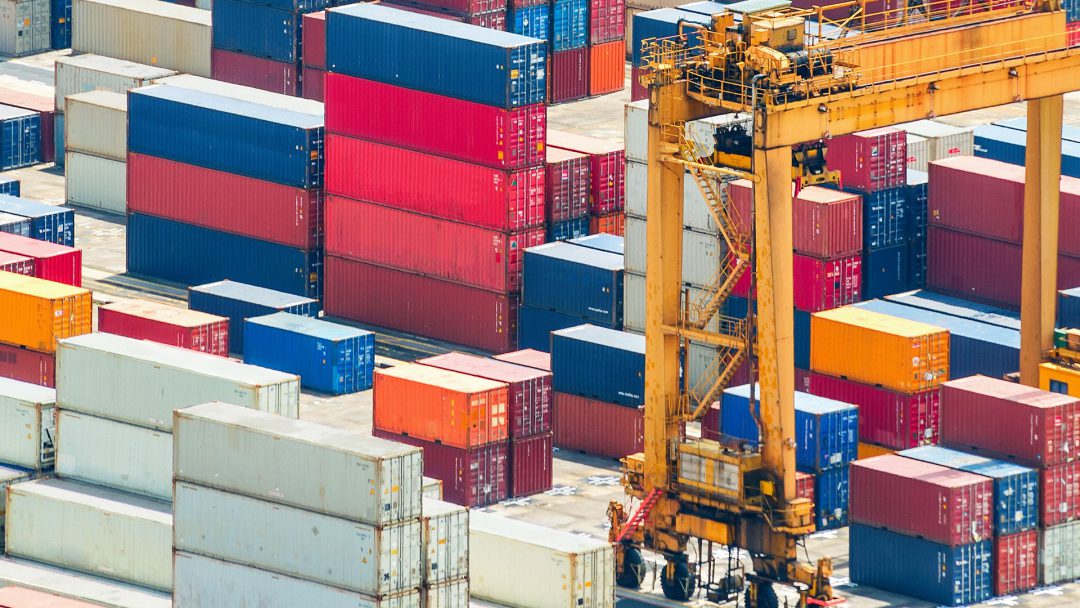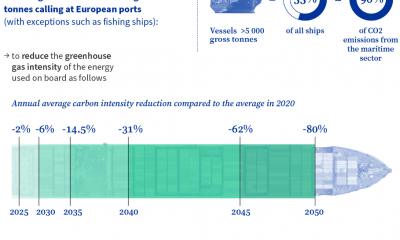A leader in Specialty Materials, ARKEMA has extended its partnership with GEODIS, signing a Standalone Customs Brokerage contract to provide both import and export customs clearance services across 15 countries in Europe.
One of the key objectives set by ARKEMA was to centralize the management of customs operations at European level with “best in class” customs processes. GEODIS responded with its digital customs solution which enables to improve trade compliance and security of ARKEMA’s Supply-Chain through its web portal, IRIS.
The resulting contract confirms both parties’ intention and mutual trust in building a long-term relationship reports Jérôme Chadeau, SVP Vertical Market Industrial at GEODIS. “The centralization of our client’s customs brokerage practices in Europe will contribute to improve regulatory compliance and operational efficiency in all the countries where ARKEMA’s subsidiaries, business units and production sites are located. This model allows for better control over customs activities across Europe, simplified and flexible customs operations management, and increased capability to monitor compliance and efficiency of customs operations” he said.
ARKEMA is structured into 3 complementary, resilient and highly innovative segments dedicated to Specialty Materials – Adhesive Solutions, Advanced Materials, and Coating Solutions – accounting for some 91% of Group sales in 2022, and a well-positioned and competitive Intermediates segment. The blending of these operational divisions helps create strong in-house synergies in terms of innovation.
Jean-Marc Viallatte, VP Supply Chain Group at Arkema explains the advantages of this corporate approach: “It offers us an outstanding ability to serve our customers in an attractive and diverse growing market. We have built on and continue to exploit our unique expertise in materials science to design materials addressing the ever-growing demand for innovative and sustainable materials. We therefore require a logistics partner who can provide flexible yet comprehensive customs brokerage services that are intelligent enough to adapt to the multi-faceted and ever-changing regulatory environment we see in Europe. With GEODIS, we are sure we have found such a partner.”
GEODIS’ customs brokerage solution offers fast and secure customs clearance processing for ARKEMA’s international shipments, with 360° visibility and control of customs flows. Through its IRIS digital platform KPIs, dashboards and customized reports on compliance topics tailored to ARKEMA’s specifications are shared on a dedicated SharePoint.
Planned development of the partnership include plans to achieve the smooth integration of electronic data interchanges (EDI) into Arkema’s transportation management system, which will reinforce existing real-time tracking tools.
The awarding of this contract in Europe follows the recent celebration by GEODIS on receiving the ‘Strategic Carrier of ARKEMA China Award’ in 2023. This was granted in recognition of concerted efforts by GEODIS to reinforce the client’s supply chain strategy in the region in 2022 and marks the third consecutive year in which GEODIS has been honored in such a way.

























